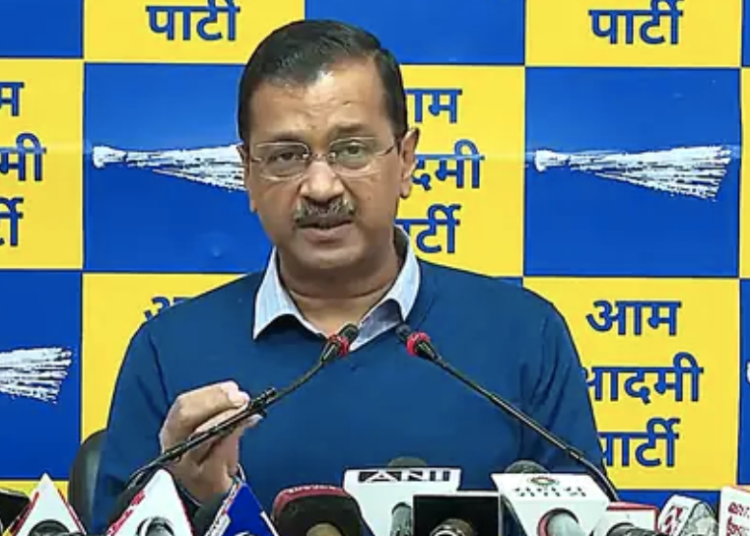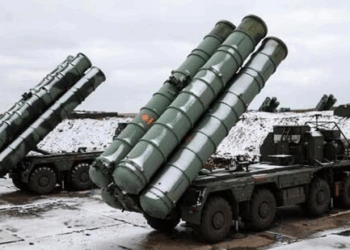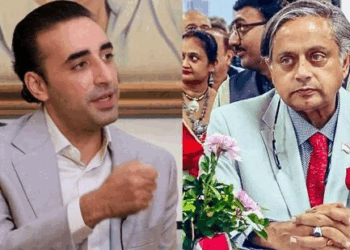In a scathing attack on the Bharatiya Janata Party (BJP), Delhi Chief Minister Arvind Kejriwal accused the ruling party of indulging in ‘vote bank politics’ in the implementation of the controversial Citizenship Amendment Act (CAA). Kejriwal’s remarks come amidst escalating tensions surrounding the contentious legislation, which has been a subject of intense debate and protest across the nation.
Addressing a gathering in the national capital, Kejriwal alleged that the BJP was using the CAA for its political gains, disregarding the concerns and sentiments of a significant section of the population. He criticized the government’s approach, labeling it as divisive and discriminatory.
“The BJP’s insistence on pushing through the CAA despite widespread opposition is a clear indication of their agenda-driven politics aimed at consolidating their vote bank,” Kejriwal stated, drawing attention to the perceived marginalization of certain communities under the act.
The Citizenship Amendment Act, enacted in December 2019, offers Indian citizenship to non-Muslim refugees from neighboring countries, sparking criticism and protests nationwide. Critics argue that the law violates the secular principles of the Indian Constitution by selectively granting citizenship based on religion.
Kejriwal’s remarks have reignited the political discourse surrounding the CAA, with opposition parties rallying behind his accusations against the BJP. Leaders from various political factions have echoed Kejriwal’s sentiments, alleging that the BJP’s agenda undermines the secular fabric of the nation.
Responding to Kejriwal’s allegations, BJP leaders have dismissed his claims as politically motivated and aimed at appeasing a certain vote bank. They assert that the CAA is a humanitarian gesture aimed at providing refuge to persecuted minorities from neighboring countries.
The ongoing debate over the CAA has further polarized the political landscape, with both sides vehemently defending their positions. The controversy surrounding the legislation continues to simmer, with no immediate resolution in sight.
As the nation gears up for crucial state elections in the coming months, the issue of the CAA is expected to feature prominently in the political discourse, further intensifying the already charged atmosphere.








 India
India












